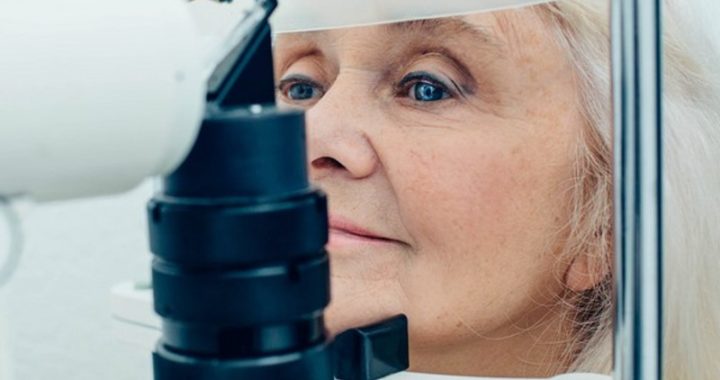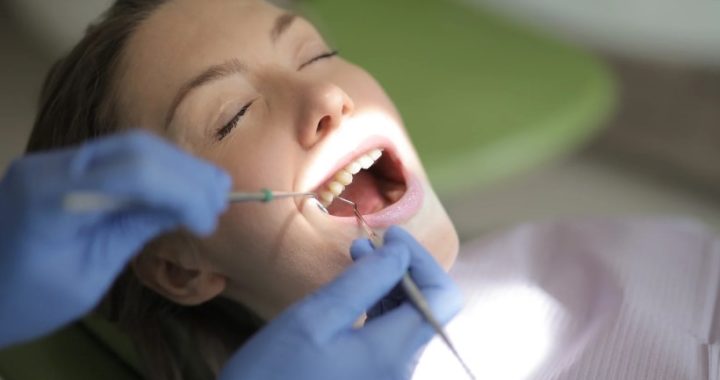Who is at Risk of Developing Anorexia and Other Eating Disorders?

Table of Contents
Eating disorders like anorexia are complex mental health conditions that manifest through an unhealthy relationship with food, often influenced by emotional, psychological, and social factors. Even though these disorders can affect anyone, certain groups of people are more vulnerable due to various risk factors. Recognizing who is at risk can lead to earlier intervention and better outcomes.
The Influence of Societal Pressure
In a world where media often portrays an idealized version of beauty, many individuals feel pressured to conform to unrealistic standards. This societal pressure is particularly intense for young women and teenagers, who may develop an unhealthy obsession with their body image.

Social media platforms, magazines, and advertisements frequently promote the notion that being thin equates to beauty and success. Consequently, individuals who internalize these messages may engage in restrictive eating behaviors, which can lead to severe consequences.
Psychological Factors and Personality Traits
Certain psychological traits and mental health conditions are strongly associated with an increased risk of developing an eating disorder. Perfectionism, for example, is a common personality trait among those who struggle with eating disorders. Individuals who are perfectionists often set unattainable goals for themselves, and their self-worth becomes heavily tied to their ability to achieve these goals. This drive for perfection can extend to their eating habits, where they may feel the need to control their food intake strictly.
Anxiety and depression are also significant contributors to the development of disordered eating. Those who suffer from these conditions may turn to restrictive eating as a way to gain a sense of control in their lives, particularly when other aspects feel overwhelming or out of their control. In these cases, food becomes both a source of comfort and a means of punishment, creating a dangerous cycle.
Family Dynamics and Genetics
Family plays a crucial role in the development of an individual’s relationship with food and body image. Growing up in an environment where there is a strong emphasis on appearance or where parents or siblings have their own unhealthy relationships with food can significantly increase the risk of developing an eating disorder. In some families, disordered eating patterns may be normalized or even encouraged, leading children to adopt similar behaviors.
Moreover, genetics can also play a role. Research indicates that individuals with a family history of eating disorders are more likely to develop similar issues themselves. This genetic predisposition, combined with environmental factors, can create a perfect storm, making it challenging for these individuals to maintain a healthy relationship with food.
The Role of Trauma and Stress
Trauma and stress are powerful triggers for many mental health conditions, including eating disorders such as anorexia. Individuals who have experienced trauma, such as physical or emotional abuse, are at a higher risk of developing disordered eating habits. For some, controlling food intake becomes a way to cope with the overwhelming emotions and memories associated with their trauma. It serves as a mechanism to exert control over their bodies when they feel powerless in other areas of their lives.

Chronic stress, whether from work, school, or personal relationships, can also contribute to the development of an eating disorder. When life becomes overwhelming, some people may turn to food restriction as a way to manage their anxiety or as an attempt to find solace in a seemingly controllable aspect of their lives.
Athletes and the Pressure to Perform
Athletes, especially those in sports that emphasize leanness or weight classes, are another group at high risk for developing disordered eating. The pressure to maintain a specific body type for optimal performance can lead to unhealthy eating practices. In sports like gymnastics, wrestling, and long-distance running, where lower body weight is often equated with better performance, athletes may resort to extreme dieting, purging, or excessive exercise to meet these demands.
Additionally, coaches, teammates, and the competitive environment can contribute to an athlete’s fixation on weight and body image. The constant scrutiny of their physique and performance can lead athletes to develop a distorted view of their bodies, increasing the likelihood of an eating disorder like anorexia.
Adolescents and the Critical Period of Development
Adolescence is a time of significant physical, emotional, and psychological change, making it a critical period for the development of eating disorders. Teenagers are particularly vulnerable as they navigate the challenges of identity formation, peer pressure, and self-esteem. The desire to fit in and be accepted by peers can lead some teens to engage in harmful behaviors, including extreme dieting or food avoidance.

During this stage of life, the influence of peers and social media is often at its peak. Adolescents may compare themselves to their friends or to influencers they follow online, leading to dissatisfaction with their bodies. This dissatisfaction can quickly spiral into an obsession with food and weight, putting them at risk for developing a serious eating disorder.
The Impact of Cultural and Ethnic Backgrounds
Cultural and ethnic backgrounds play a significant role in shaping attitudes towards food, body image, and eating behaviors. While eating disorders like anorexia are often perceived as primarily affecting Western populations, they are increasingly recognized across all cultures and ethnic groups. However, the manifestation of these disorders can vary depending on cultural norms and values.
In some cultures, there is a strong emphasis on body shape and size, which can contribute to the development of unhealthy eating practices. Conversely, in cultures where food plays a central role in social gatherings and celebrations, individuals may struggle with the pressure to conform to cultural eating habits while also dealing with personal body image issues.
Furthermore, individuals from minority groups may face unique challenges, such as acculturation stress, which can exacerbate the risk of developing disordered eating patterns. The pressure to assimilate into a different culture while maintaining one’s cultural identity can create internal conflict, leading to unhealthy coping mechanisms related to food.
Seeking Help: The Importance of Early Intervention
Understanding the risk factors associated with eating disorders is crucial for early detection and intervention. The earlier an individual receives help, the better their chances of recovery. It’s essential for family members, friends, educators, and healthcare professionals to be aware of the signs and symptoms of these disorders, especially in individuals who fall into high-risk categories.
Interventions can range from counseling and therapy to medical treatment, depending on the severity of the disorder. Cognitive-behavioral therapy (CBT) is often effective in helping individuals challenge and change their unhealthy thoughts and behaviors related to food and body image. In more severe cases, a multidisciplinary approach that includes medical, nutritional, and psychological support may be necessary.
Fostering a Healthy Relationship with Food
Developing a healthy relationship with food and body image is vital for overall well-being. By understanding who is at risk of developing eating disorders and the various factors that contribute to these conditions, we can better support those who are vulnerable. Creating a supportive environment that promotes self-acceptance and challenges societal pressures can go a long way in preventing the onset of disordered eating.
Encouraging open conversations about food, body image, and mental health can help reduce the stigma associated with eating disorders such as anorexia and encourage those at risk to seek help. With the right support and intervention, recovery is possible, and individuals can learn to embrace their bodies and develop a balanced approach to food and health.










 Can Black Cumin Seed Oil Help with Inflammation and Pain?
Can Black Cumin Seed Oil Help with Inflammation and Pain?  Discover the MCT Oil Magic
Discover the MCT Oil Magic  Potential Consequences of Obsessive Compulsive Disorder
Potential Consequences of Obsessive Compulsive Disorder  A Multivitamin Every day! The Key to Overall Health and Wellness
A Multivitamin Every day! The Key to Overall Health and Wellness  Ophthalmic Examination 101
Ophthalmic Examination 101  Horrible Dangers of Untreated Periodontal Disease
Horrible Dangers of Untreated Periodontal Disease  Who is at Risk of Developing Anorexia and Other Eating Disorders?
Who is at Risk of Developing Anorexia and Other Eating Disorders?  Discover the Flavor Revolution with Lee Kum Kee Chili Crisp Oil
Discover the Flavor Revolution with Lee Kum Kee Chili Crisp Oil  Coconut Extract: The Secret Ingredient Revolutionizing Health and Wellness in 2024
Coconut Extract: The Secret Ingredient Revolutionizing Health and Wellness in 2024